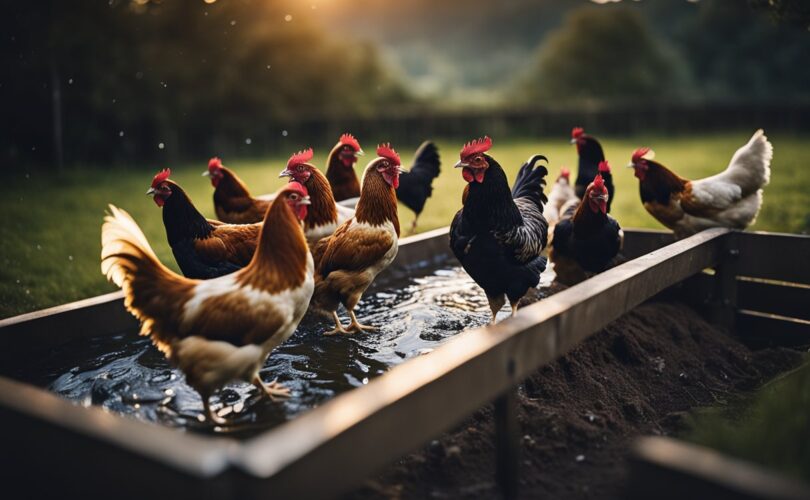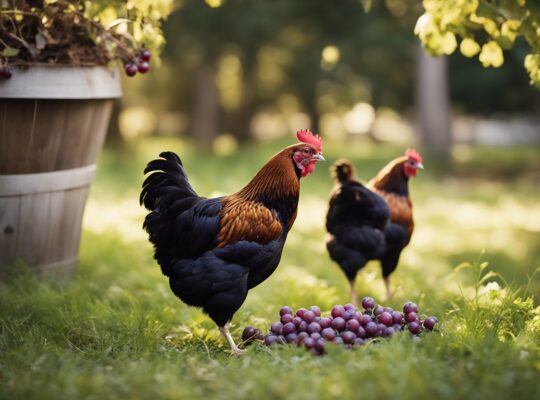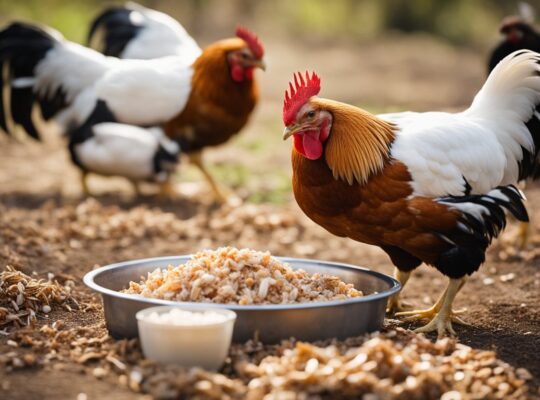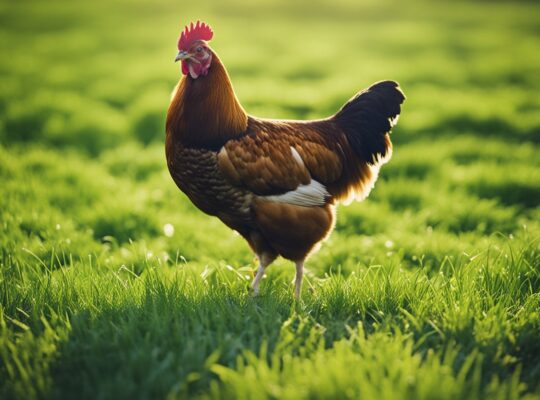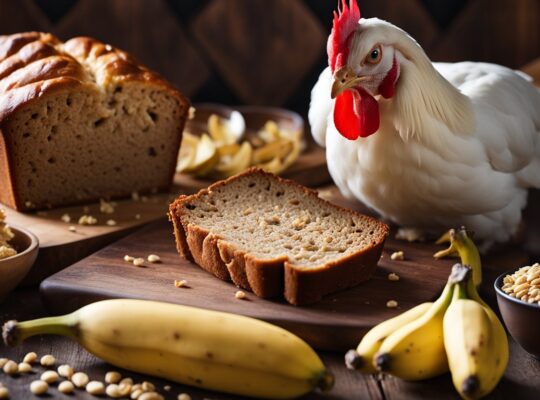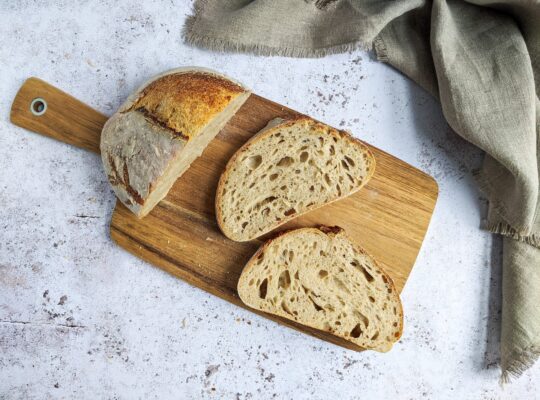Do chickens drink water at night? This is a common question among chicken owners. Providing water to chickens is essential for their health and well-being. Chickens require water to regulate their body temperature, aid in digestion, and keep their respiratory system healthy.
While chickens need access to water at all times, they do not necessarily drink water at night. Chickens are diurnal animals, which means they are active during the day and rest at night. During the night, chickens enter a state of decreased activity while roosting and will not drink water. However, it is still important to ensure that they have access to water throughout the night in case they wake up thirsty.
It is important to note that chickens will not drink water if it is dirty or contaminated. Therefore, it is crucial to keep their water clean and fresh at all times. Additionally, chickens tend to drink more water during hot weather, so it is important to provide them with enough water during these times. In the next sections, we will explore in more detail the water requirements of chickens and how to ensure they have access to clean water at all times.
Chickens’ Drinking Habits

Chickens are fascinating creatures with unique drinking habits. Understanding their thirst mechanisms and nighttime behaviors can help you provide the best care for your feathered friends.
Understanding Chickens’ Thirst Mechanisms
Chickens drink water by dipping their beaks in water, tilting their head back, and rapidly opening and closing their mouths, which helps gravity move the water down their throats. This behavior is innate and can be observed in all chickens, including newborn chicks.
According to Backyard Farm Life, chickens drink water approximately every 15 minutes during the day. They need plenty of clean water throughout the day to stay hydrated and healthy.
Nighttime Behaviors in Chickens
Chickens do not need water at night and can comfortably last all night without it. They enter a state of decreased activity while roosting and will not drink water. However, providing water at night can help reduce stress levels and make them feel more comfortable, leading to healthier chickens overall.
Broody hens might have an occasional night-time drink, but most chickens will happily sleep until morning, only slaking their thirst when the sun rises.
Chickens have unique drinking habits that are essential to their health and well-being. Providing clean water throughout the day and night can help keep your chickens happy and healthy.
Water Access for Chickens at Night
Setting Up Water Stations for Night Use
If you choose to shut your chickens in the coop at night, it is important to provide them with access to water. You can set up water stations inside the coop, but it is crucial to make sure that the water is clean and fresh. One way to do this is to use a waterer that is specifically designed for chickens, such as a nipple waterer or a gravity-fed waterer. These types of waterers are easy to clean and can provide a steady supply of fresh water throughout the night.
Another option is to use a heated waterer during the winter months. According to Outdoor Happens, chickens need constant access to water, even during the winter when temperatures drop below freezing. A heated waterer can prevent the water from freezing and provide a constant supply of fresh water to your chickens.
Providing access to water at night is crucial for the health and well-being of your chickens. By setting up water stations inside the coop and using a waterer that is easy to clean and maintain, you can ensure that your chickens have access to clean, fresh water at all times.
Factors Influencing Nighttime Drinking
Seasonal Variations
During hot and humid summer nights, chickens may drink more water than during cooler nights. On the other hand, during winter, when the temperature drops, chickens may drink less water at night. Chickens will drink less water when it’s cold because they need to conserve body heat due to cold outside temperatures.
Flock Age and Water Consumption
The age of your chickens can also influence their nighttime drinking habits. Younger chickens tend to drink more water than older chickens. Additionally, the size of your flock can affect the amount of water your chickens consume at night. If you have a larger flock, you may need to provide more water to ensure that all chickens have access to water.
In summary, while chickens may not need water at night, providing them with access to water is essential for their health and well-being. Factors such as seasonal variations, flock age, and water consumption can influence their drinking habits. As a responsible chicken owner, it is important to ensure that your chickens have access to clean water at all times.

